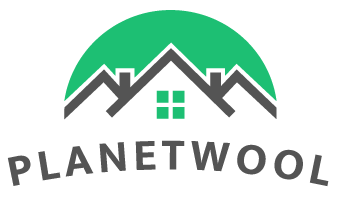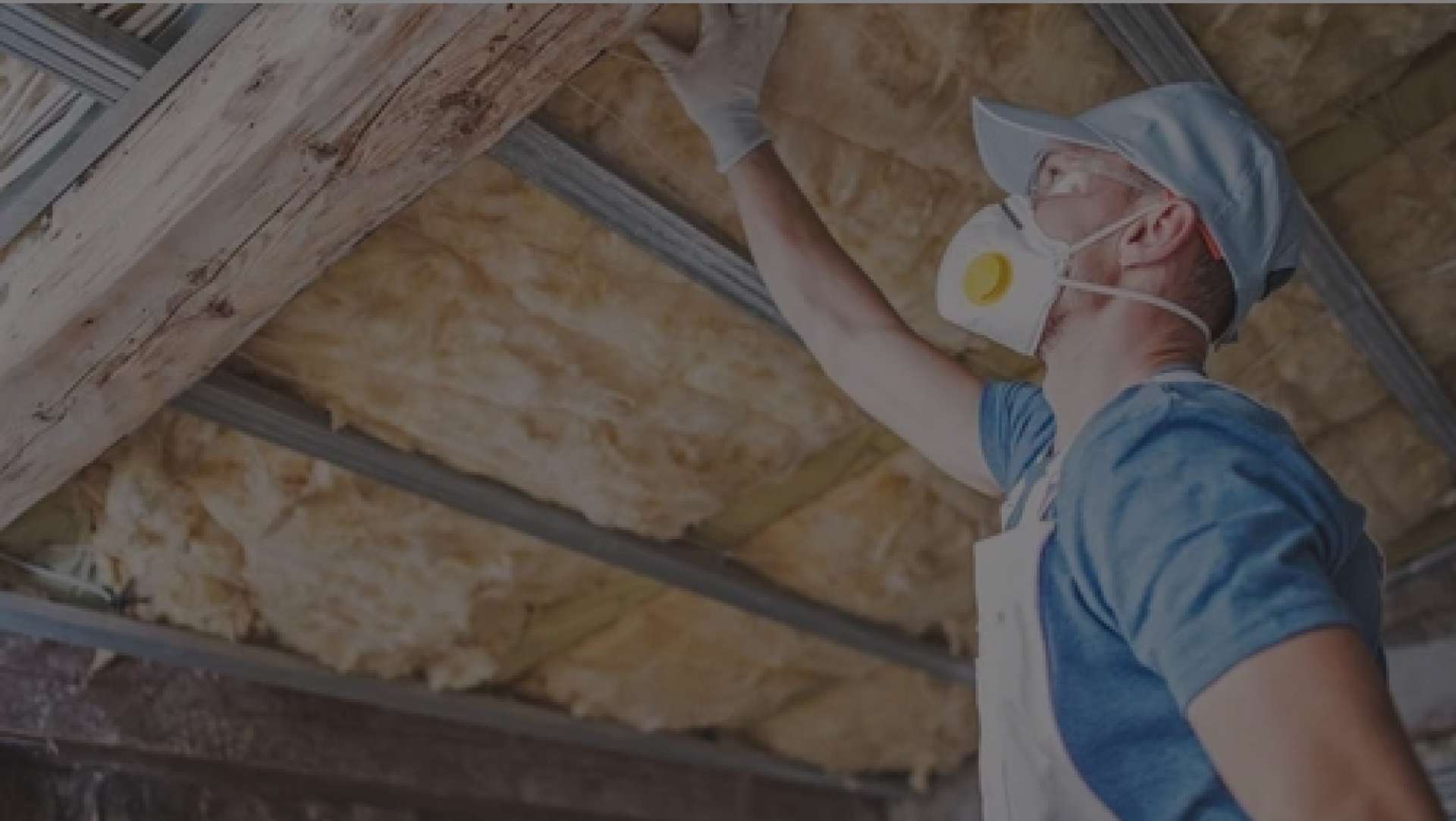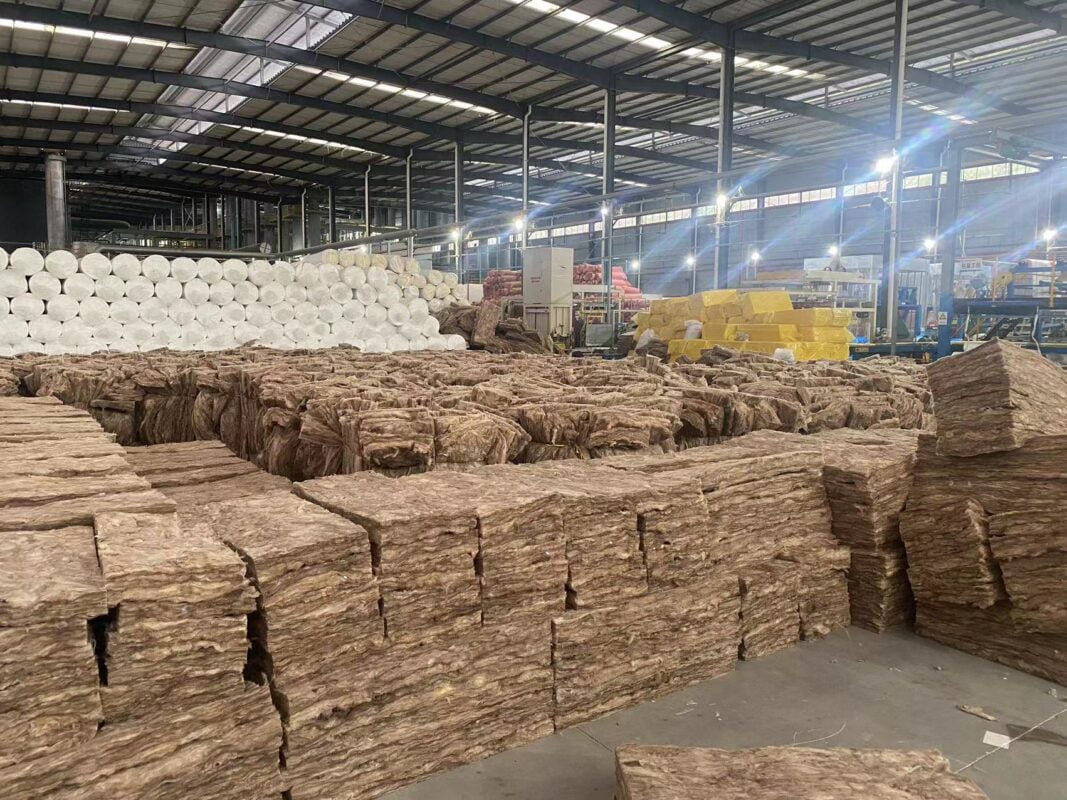When it’s time to insulate your home, choosing between a DIY approach and hiring professionals can make a significant difference in your comfort and energy costs.
In this blog post, we’ll break down the advantages and drawbacks of both options to help you decide which one suits your insulation project best.
The Benefits of DIY Insulation Installation
Here are some reasons why DIY insulation installation should be considered:
- Money-Saving Potential
DIY insulation projects often catch our attention because they can be budget-friendly. By purchasing insulation materials and doing the work yourself, you can significantly reduce labor costs.
According to the U.S. Department of Energy, opting for a DIY insulation installation can save you up to 30% on installation costs compared to hiring professionals.
- Learning Opportunity
Taking on a DIY insulation project can be an educational experience. You’ll gain a deeper understanding of your home’s construction and insulation requirements. Plus, the sense of accomplishment that comes with completing a project on your own can be truly satisfying.
- Flexibility at Your Fingertips
DIY projects offer flexibility. You can choose when and how to tackle different areas of your home, making it an ideal option for those with busy schedules.
The Downsides of DIY Insulation Installation
Some of the major drawbacks of DIY insulation installation are as follows:
- The Need for Skills and Knowledge
Insulation installation may seem simple, but it demands a certain level of skill and know-how. Incorrect installation can lead to reduced effectiveness, energy loss, and even potential health hazards. The U.S. Environmental Protection Agency (EPA) warns that improperly installed insulation can cause indoor air quality problems and mold growth.
- Safety Considerations
Working with insulation materials can be risky. Fiberglass insulation, for example, can irritate the skin, eyes, and respiratory system if proper safety precautions aren’t taken. Professionals are trained to handle these materials safely.
- Time-Consuming Endeavor
DIY insulation installation can be time-consuming, especially if you’re not familiar with the process. It might take longer to complete the project, leaving your home exposed to temperature fluctuations.
The Benefits of Professional Insulation Installation
Some key benefits of professional insulation installation are:
- Expertise and Experience
Professional insulation contractors bring expertise and years of experience to the table, ensuring that insulation is installed correctly. They can spot and address potential issues that DIY enthusiasts might overlook, resulting in better energy efficiency and home comfort.
- Efficiency in Action
Professionals work efficiently and can finish the insulation project more quickly than most DIYers. This means you’ll start enjoying the benefits of improved insulation sooner, such as lower energy bills and enhanced comfort.
- Quality Assurance
Hiring professionals often comes with guarantees and warranties on their work. This provides peace of mind, knowing that if any issues arise, they will be promptly addressed at no extra cost.
The Drawbacks of Professional Insulation Installation
The downsides of professional insulation installation are:
- Higher Initial Costs
One of the primary drawbacks of hiring professionals is the higher upfront cost. According to Forbes, the average cost of professional insulation installation in the United States ranges from $3,000 to $10,000, depending on the project’s scope. This can be a significant investment for some homeowners.
- Limited Control
When you hire professionals, you may have limited control over the installation process. While they are experts, you might prefer to have more say in how and where the insulation is installed.
Making the Right Decision
Ultimately, the choice between DIY and professional insulation installation depends on your unique circumstances. If you possess the required skills, knowledge, and time for the project, going the DIY route can be a cost-effective and personally rewarding option. However, if you prioritize efficiency, expertise, and quality assurance, hiring professionals may be the better choice.
Take into account factors like the size of your insulation project, your budget, and your comfort level with DIY work. Also, consider safety concerns and the long-term impact of insulation on your home’s energy efficiency.
Conclusion
DIY and professional insulation installation, both have their merits and drawbacks. It’s crucial to carefully weigh these factors and make an informed decision based on your situation.
Whether you decide to tackle the project yourself or bring in professionals, insulating your home is a valuable investment that will enhance comfort and save on energy bills for years to come.Ready to boost your home’s insulation? Reach out to us now for a consultation and personalized recommendations to make your space more energy-efficient and comfortable.


